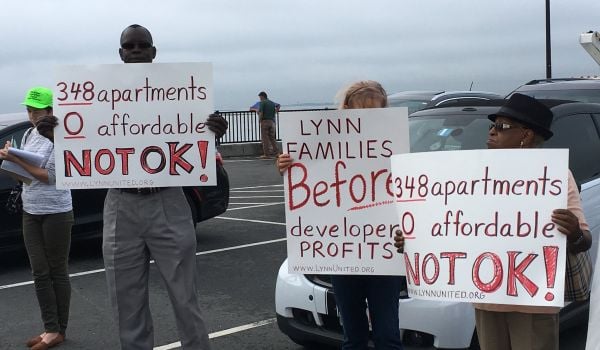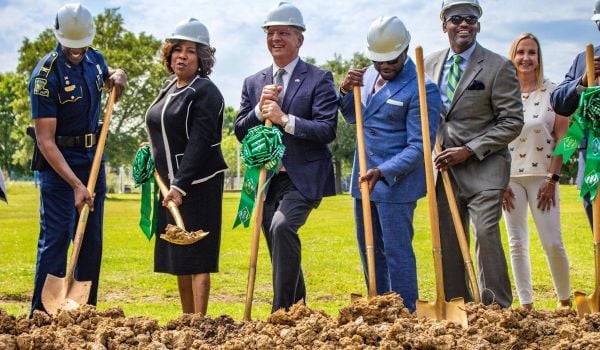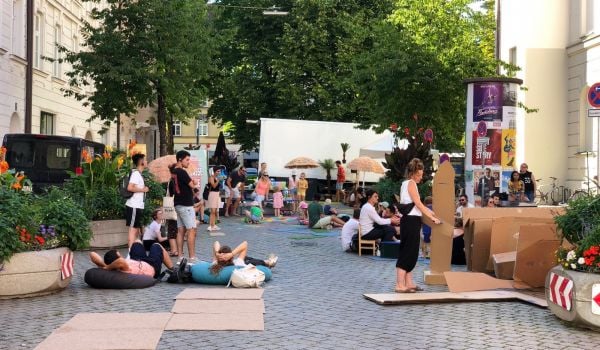The arc of urbanization doesn’t necessarily bend toward justice. “If left to itself, [urbanization] is not guaranteed to be equitable; despite the massive wealth generated in cities, roughly one-quarter of the world’s urban population — some 900 million people — live and work in slums,” according to a recent press release from the Cities Alliance.
The organization, which works to reduce poverty around the globe and make cities more sustainable, has a new toolkit to address some of the inequalities that arise as cities develop. Created by UK-based consulting firm IPE Triple Line, it’s designed for mayors, particularly mayors of small- to mid-size towns in the Global South.
The kit captures data in nine relevant areas: background, economy and employment, municipal finances, water, sanitation and solid waste management, education, health services, energy, connectivity (transportation), and land and housing. It’s organized around three components: a “situational assessment” (a “descriptive presentation of the facts and narratives related to the provision and use of infrastructure and services”), a “casual analysis” (a “closer analysis of the reasons why access to infrastructure and services varies”), and a “solutions framework” (a way to construct a “workable policy solution to the constraints that have been identified”).
When all indicators are put together, a kind of “scorecard” is produced showing overall access to key public goods (water, sanitation, etc.). Red is below average access, yellow is average and green is above average.
The project began with the premise that, in order to have equitable economic growth, there needed to be opportunities for “decent, productive employment that can be accessed by everyone in society, regardless of economic status, gender, and ethnicity,” according to the release.
But, problematically, that kind of economic growth isn’t happening as countries in the Global South urbanize, Cities Alliance notes. Instead, constraints are presenting themselves, especially the lack of access to basic services and infrastructure.
Hence the toolkit to serve as a starting point.
The release points out that the tool is one among many available to cities. Next City has covered toolkits aimed at designing healthier cities, cataloging urban farms and mapping transportation options, among others. And common sense points out that, no matter how handy a toolkit, political will has to be there for citywide equity to flourish.
But it’s a starting place — particularly because, according to Cities Alliance, access isn’t necessarily at the forefront of local leaders’ minds as their communities develop.
“There’s an assumption the economy is ticking along somehow,” Martyn Clark, managing consultant on IPE Triple Line’s urban development team, says in the release.

Rachel Dovey is an award-winning freelance writer and former USC Annenberg fellow living at the northern tip of California’s Bay Area. She writes about infrastructure, water and climate change and has been published by Bust, Wired, Paste, SF Weekly, the East Bay Express and the North Bay Bohemian
Follow Rachel .(JavaScript must be enabled to view this email address)
















